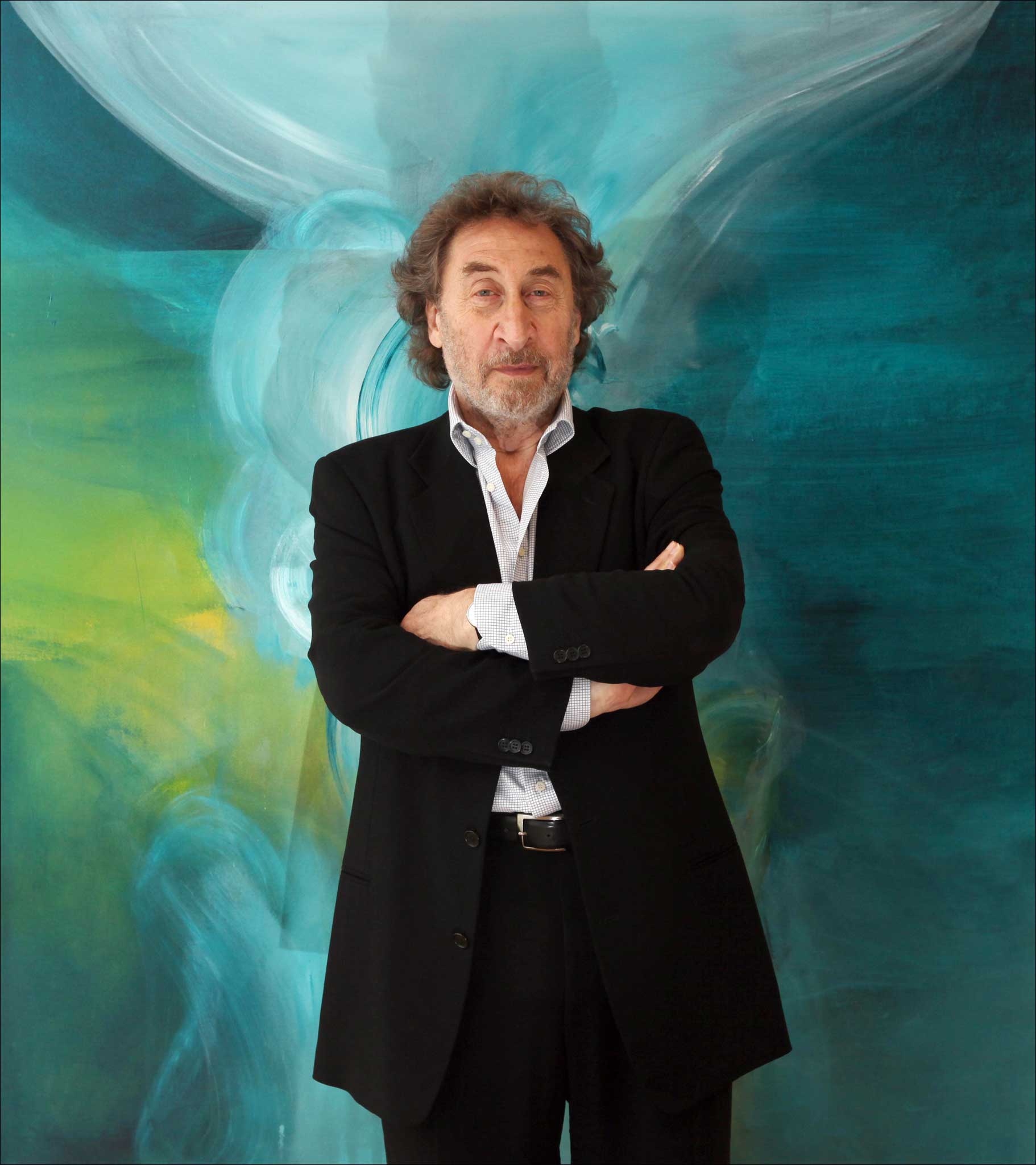J by Howard Jacobson, book review: Rambunctious prose takes dark, dystopian turn

Your support helps us to tell the story
From reproductive rights to climate change to Big Tech, The Independent is on the ground when the story is developing. Whether it's investigating the financials of Elon Musk's pro-Trump PAC or producing our latest documentary, 'The A Word', which shines a light on the American women fighting for reproductive rights, we know how important it is to parse out the facts from the messaging.
At such a critical moment in US history, we need reporters on the ground. Your donation allows us to keep sending journalists to speak to both sides of the story.
The Independent is trusted by Americans across the entire political spectrum. And unlike many other quality news outlets, we choose not to lock Americans out of our reporting and analysis with paywalls. We believe quality journalism should be available to everyone, paid for by those who can afford it.
Your support makes all the difference.In 2008, Howard Jacobson declared his aspiration to write a novel without any word containing the letter "j". It was Jacobson's jokey instruction to avoid any hint of Jewishness in his then-new novel, The Act of Love. He was serious enough to crack a second joke. Jacobson's surname would scupper the plan before readers even reached the title page.
Three books and one Man Booker victory later (for The Finkler Question) and Jacobson has revisited the challenge, albeit from a different angle. J, his 13th novel, is juiced on j-words – J-High, perhaps, not J-Low. Many are Jacobson to a tee: "joke", "jest", "jeer". But true to that first intention, the missing Js include Jew, Jewish and Judaism. These absences resonate in that typically witty title. Hebrew has no letter "J". Even its nearest approximation, Yodh, cannot be uttered in the tetragrammaton inscribing the name of God: "YHWH".
Jacobson has contrived to write a novel about Jewishness that smuggles Jewishness under our very noses. The first "J" is "Junior": Sammy Davis Junior. When our hero, Kevern "Coco" Cohen, wonders who he is, his father's response is only inferred but nevertheless unequivocal: "If anybody asks, you haven't heard of him. You understand?"
To begin with, neither Kevern nor the reader does understand the ramifications of Sammy's offence. Rather than the raging, poignant novel J will become, we are faced with an unlikely, wonky and somewhat tentative love story between two loners: hirsute Ailinn and the older, sadder Kevern. Both are artists living in the rural town of Port Reuben. Both enjoy problematic relationships with their families.
The opening is enjoyable but frequently mystifying, as Jacobson swerves between subjects, characters and genres: fables, romance, murder story. A meditation on jazz's unpopularity sounds helpfully self-referential: "People wanted to be sure, when a tune began, exactly where it was going to end. Wit, the same. Its unpredictability unsettled people's nerves. And jazz was wit expressed musically."
In one sense, this unpredictability is simply Jacobson being Jacobsonian, following his digressive comic muse wherever it leads him. But there are elegantly arcane purposes here too. His bravura, declarative prose leads us down a garden path, distracting us from what is unsaid, what is not present, what has disappeared. Hints gradually appear as the novel reveals itself as a dystopian vision of near-future near-apocalypse.
The speculative high concept is a cataclysmic holocaust that is vaguely expressed in an obscene whisper: "WHAT HAPPENED, IF IT HAPPENED". Genocide is not only accompanied by denial from the start but expresses itself in the most passive of terms: these crimes "happened" (if they happened) rather than being committed.
The world that remains may not be the best of all possible worlds, but most of its inhabitants believe it is at least better. J offers a nightmarish vision of a society forgiving its trespasses in diluted language: formalised, but far from heartfelt apologies; people choosing new, often Hebraic names in the belief that they are all now one happy family.
Port Reuben's inhabitants are alienated from their past, divorced from their cultural identity and complacent in their relationship with the present. Jacobson constructs an anti-Semitic society convinced that anti-Semitism has been utterly redacted. A pompous painter and philosopher with the wonderful name of Edward Everett Phineas Zermansky blithely spews hate speech drawn from Celine's "Trifles for a Massacre" without a moment's pause.
J provocatively and possibly satirically locates hatred and difference at the heart of the human condition. It is a 21st century version of Blake's slippery assertion: "Without Contraries is no progression… Love and Hate are necessary to Human existence." But there is no acceptance only anger: for victims blamed for their persecution, for the persecution itself, and the survivors left to wrestle with the consequences of subjection.
Longlisted for 2014's Man Booker prize, J is a snarling, effervescent and ambitious philosophical work of fiction that poses unsettling questions about our sense of history, and our self-satisfied orthodoxies. Jacobson's triumph is to craft a novel that is poignant as well as troubling from the debris. "We are the poorer by what we took away," a character notes elegiacally. Thanks to J, we are, if only for a brief time at least, richer too.
Join our commenting forum
Join thought-provoking conversations, follow other Independent readers and see their replies
Comments